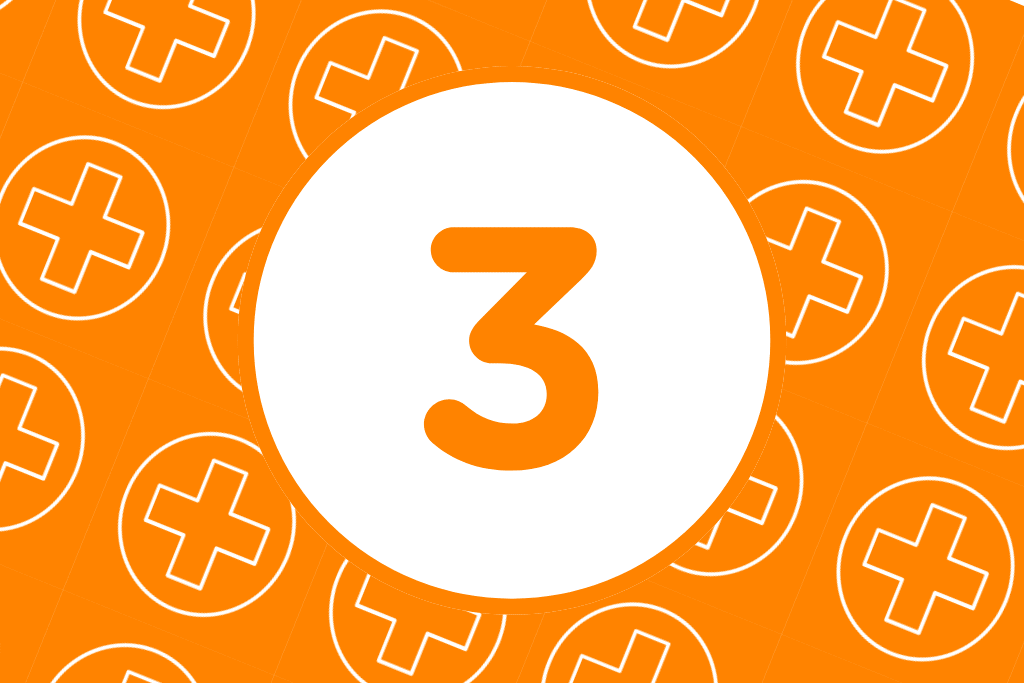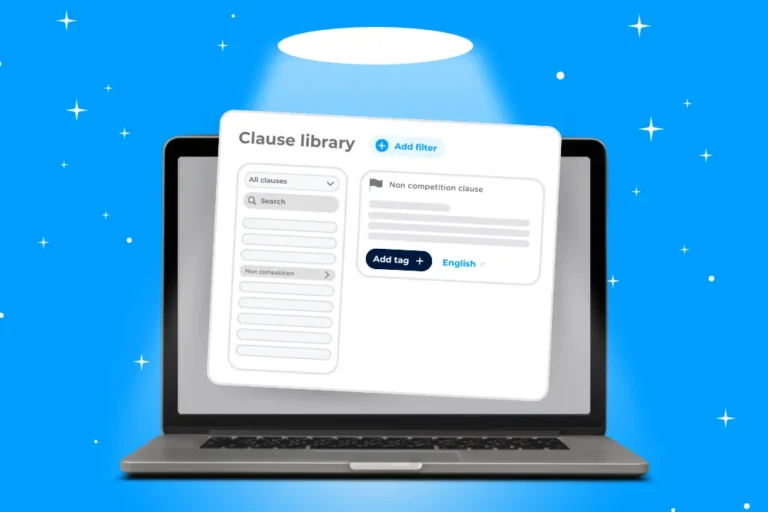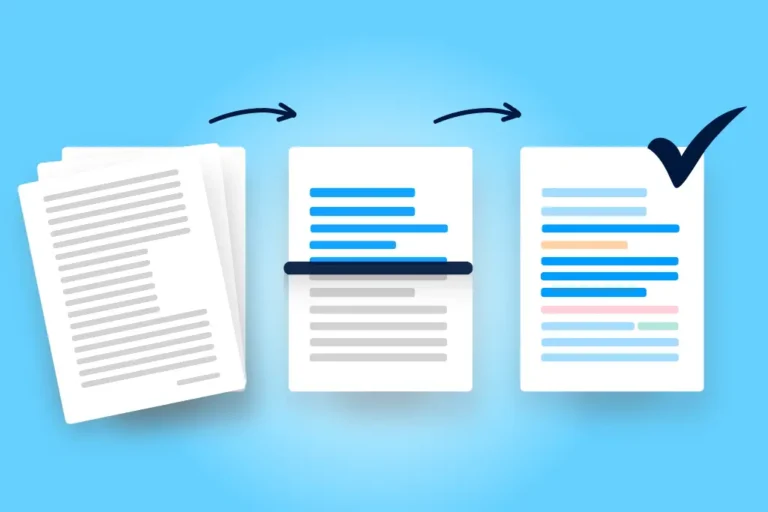The pharmaceutical industry operates within a complex landscape when it comes to contract management. It’s not just about signing papers; it’s about ensuring compliance with stringent regulations while managing relationships with suppliers, clinical research organizations, distributors, and hospitals. Each contract is a crucial component in this intricate web of interactions, defining responsibilities, timelines, and expectations.
In this article, we’ll explore three key practices for optimizing contract management in this demanding field.

1 – Centralize Your Contracts for a 360° View of Your Pharmaceutical Activities
Every contract plays a vital role in shaping interactions with suppliers, clinical research organizations, distributors, and hospitals. However, managing these contracts scattered across different systems or departments can lead to inefficiencies and compliance risks.
Centralizing all your contracts is the first step towards optimizing contract management. By consolidating contract documents into a single repository, you gain a comprehensive view of your pharmaceutical activities. This centralized approach eliminates the hassle of searching through disparate sources for contract information, reducing the risk of errors or information gaps.
Create a Secure Contract Database
Establishing a secure contract database is paramount in ensuring data integrity and access control. Legal professionals need a reliable platform where they can securely store, access, and manage contracts. This centralization not only streamlines search and retrieval processes but also facilitates version control and updates.
In the pharmaceutical sector, where multiple stakeholders require access to contract information, security is paramount. The CLM module within the DiliTrust Governance suite offers a robust solution for storing and organizing contracts. With advanced security features, including encryption and access controls, you can rest assured that your sensitive contract data remains protected. Discover more.
Categorize Your Contracts
Once you’ve centralized your contracts, organizing them effectively is essential for maximizing efficiency. Creating a clear structure in your contract database enhances usability and accessibility for all stakeholders.
Organize contracts into categories such as purchase agreements, licensing contracts, or service agreements to simplify navigation. Utilize tags or metadata to further categorize contracts based on specific criteria. This structured approach not only accelerates document retrieval but also speeds up decision-making processes, empowering your team to act swiftly and confidently.
2 – Automate Contract Processes to Accelerate Distribution to Pharmacies and Hospitals
Timely distribution of contracts to pharmacies and hospitals is crucial for maintaining seamless operations. Automation emerges as the cornerstone for streamlining contract management processes, offering a solution to expedite distribution and enhance efficiency. Let’s delve into the steps to harness the power of automation:
Leverage Contract Management Software (CLM)
Investing in robust contract management software is the first step towards automating contract processes. A comprehensive CLM solution automates repetitive tasks such as contract creation, deadline reminders, approval workflows, and e-signatures. By automating these tasks, organizations can significantly reduce turnaround time, mitigate the risk of errors, and ultimately enhance overall productivity.
Implement Smart Workflows
Configure smart workflows within your CLM solution to optimize contract approval processes. Smart workflows automate the routing of contracts for approvals and notifications, ensuring that contracts move swiftly through the approval pipeline. For instance, when a contract is ready for signing, the system automatically triggers notifications to the appropriate signing parties, expediting the signing process while maintaining visibility and transparency.
It’s crucial to select a CLM solution equipped with robust tracking capabilities to monitor all actions related to contract management. This includes tracking contract creation, updates, and consultations for every user. By enhancing progress monitoring and control, organizations can effectively optimize their contract management processes and ensure compliance with regulatory requirements.
3 – Monitor Deadlines of your Service Contracts
Staying on top of contract deadlines is paramount. Failure to meet these deadlines can have severe consequences, impacting operations and compliance. Here’s how you can ensure you never miss a deadline:
Use Automated Reminders for Your Contract Deadlines
Employing automated reminders within your contract management tool is essential for staying ahead of contract deadlines. With the right software, you can configure alerts for deadlines and expiry dates, ensuring that you receive timely notifications as contracts approach their expiration. By leveraging automated reminders, you can prevent late renewals and avoid potential penalties associated with missed deadlines.
Analyze Contract Data
Analyzing contract data is key to optimizing contract management practices. Utilize analytical tools to gain insights into contract performance, identifying bottlenecks, problematic clauses, and areas for improvement. By scrutinizing contract data, you can make informed decisions and implement strategies to enhance efficiency and compliance.
By implementing these best practices, legal professionals in the pharmaceutical industry can effectively manage contracts, mitigate risks, and ensure compliance with regulatory requirements. Remember to tailor these recommendations to suit the specific needs and challenges of your organization!


